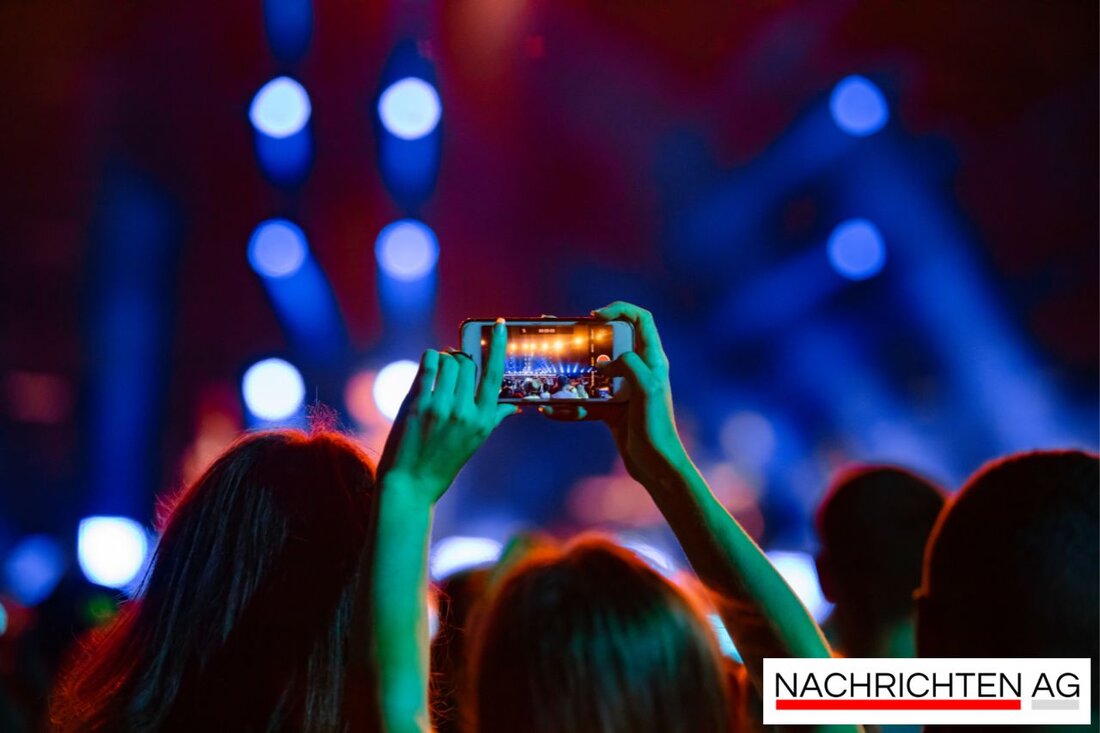Schöneberg in ESC fever: Queerer Verein has to move soon!

Schöneberg in ESC fever: Queerer Verein has to move soon!
This May 2025 opens in the Basel St. Jakobshalle of the 69th Eurovision Song Contest, moderated by Hazel Brugger, Michelle Hunziker and Sandra Studer. 690 kilometers away, in Berlin, organizes the general homosexual working community (AHA) an event that has been announced as a "assisted public viewing to the ESC final". This event is a highlight in the aha chic and promises to be a meeting point for the Queere Community.
The Drag Queens Gundel Hose and Cathérine open the evening and announce that they have to leave their event location on Schöneberger Monumentstrasse by the end of October. Kai-Oliver Pöhle, a board member of the association, reports on an admission stop at 100 people, which illustrates the popularity of the event. The Eurovision Song Contest historically supported the LGBTQ+ community, which is documented by various appearances by queer artists: in the past, such as Conchita Wurst, who won "Rise Like a Phoenix" in 2014 and thus broadcast an important message against discrimination and for acceptance.
of the Eurovision as a cultural highlight
The Eurovision Song Contest, which was launched in 1955, aims to combine post -war Europe by entertainment. In the meantime, the competition has developed into one of the most viewed television programs in Europe, with around 200 million viewers: inside. This makes the ESC an annual cultural highlight that remains exciting for its fan base. The competition is known as "Gay Christmas" in the LGBTQ+ community and offers a platform to celebrate diversity and acceptance.
The cultural relevance of the ESC goes beyond music. It is a place where geopolitics and queer identity are interwoven. At the same time, the competition is a festival of kitsch and "camp", which celebrates ironic breaks and thus appeals to a wide audience. This form of entertainment is of great importance because it includes many different identities and experiences.
a room for queer identities
For many, the Eurovision Song Contest is more than just a musical competition; It stands for the visibility of queer identities and the opportunity to express himself in a large community. The inclusion efforts, especially in less tolerant countries, are essential to create a room for all participants: inside and spectators: to create inside. The relevance of the ESC for the LGBTQ+ community is not only shown in the selection of the artists: inside, but also in the way of their appearances.
In addition, many questions raise questions about whether and to what extent the ESC could also be of interest for lesbians and feminist: on the inside. The competition has always developed and reflects contemporary debates about sexual policy, even if political messages are prohibited in the regulations. Nevertheless, social issues always flow into the performances without being opened openly, which further promotes creative expression and subtlety of the queer culture.
The challenges of competition, especially with regard to the safety of the LGBTQ+ participants: Inside in regions with restrictive laws, a topic of growing importance is important. Nevertheless, there are signs of change that give hope for more acceptance and inclusion.
The AHA and its events are therefore in the context of these larger cultural movements. Today's event, which belongs to the AHA tradition, underlines the continued relevance of queer-focused rooms in Berlin and beyond.
Overall, the Eurovision Song Contest remains an annual event that, despite its challenges and contradictions, continues to offer an important platform for diversity and cultural exchange. The event in Berlin is just one of many examples of how the Queere Community is looking for and finds its place in the cultural discourse.
for more information about the ESC and its history, see BBC , and Böll Stiftung .
| Details | |
|---|---|
| Ort | Schöneberger Monumentenstraße, 10829 Berlin, Deutschland |
| Quellen | |
